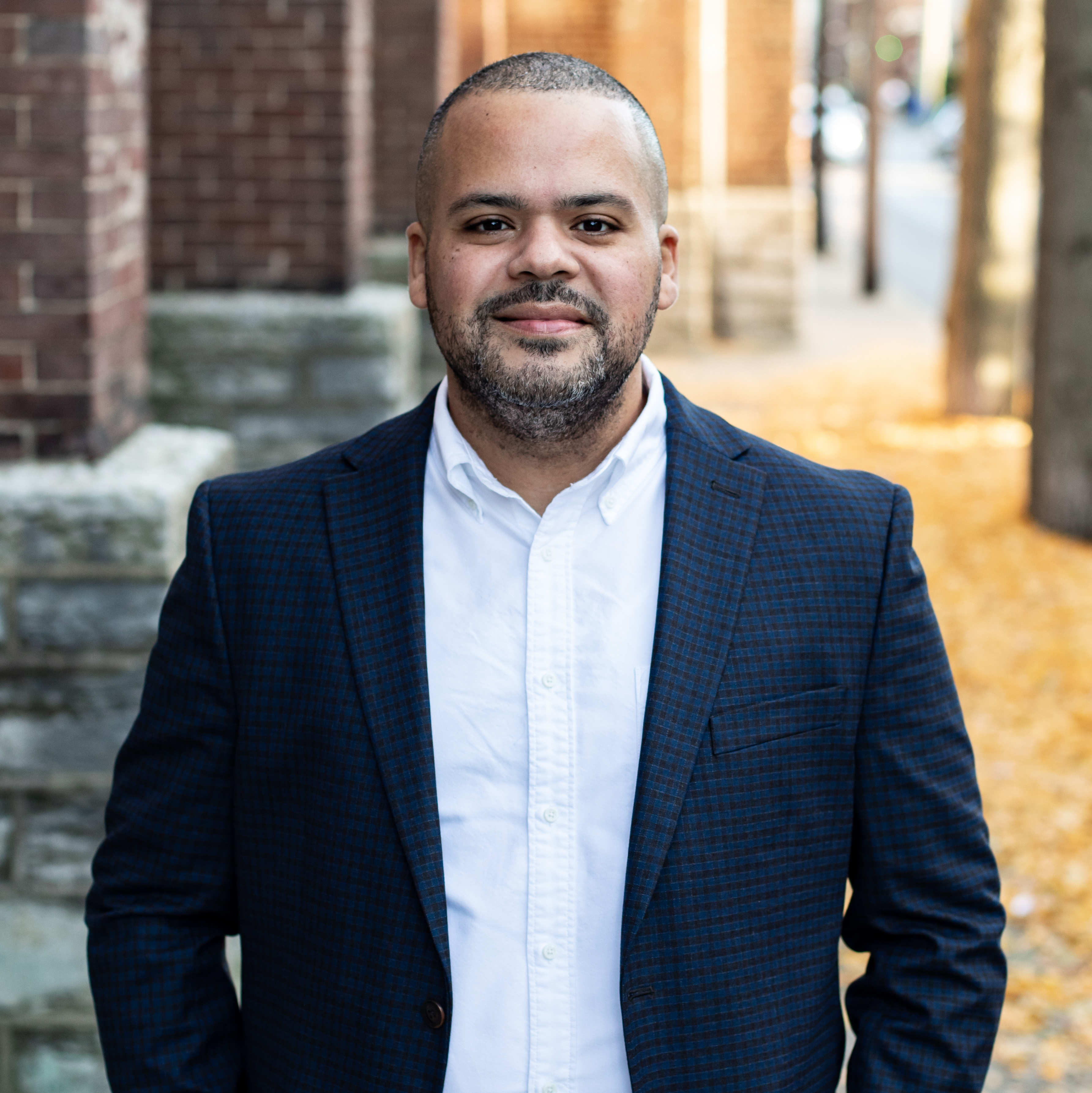Article
Rafael Pérez-Figueroa, MD: Structural Racism Fuels Public Health Crisis
Author(s):
Dr. Rafael Pérez-Figueroa talks about how the pandemic has exacerbated racial inequities on multiple levels saying that people of color have been overrepresented in jobs with high exposure to COVID-19, leading to disproportionate infections and death.
Rafael E. Pérez-Figueroa, MD, MPH

Today, April 4th 2022, the Rutgers School of Public Health's 7th Annual Public Health Symposium will be live from 1:00-4:00 ET. The focus of this year's discussion "Takin' It to the Streets" will be promoting authentic communication for strengthening trust in public health.
"Far from a “one-size-fits-all” approach, effective public health communications require a thoughtful and research-informed strategy and nuanced cultural humility to reach audiences in effective, authentic, and impactful ways," the symposium flyer states.
HCPLive® addressed some of the most pressing topics with public health expert Rafael E Pérez-Figueroa, MD, MPH, Associate Professor of Urban-Global Public Health, Associate Dean of Community Engagement and Public Health Practice, Rutgers School of Public Health.
HCPLive: In regard to the areas within the spectrum of public health that needed attention before the COVID-19 pandemic began, which have been further exacerbated?
Pérez-Figueroa: The intersection of COVID-19 and structural racism has exacerbated a complex ecosystem framing health inequities in the country. The pandemic has and continues to impact the health and wellbeing of communities of color in an unprecedented way. Racism and discrimination fuel this crisis, unveiling persisting and unfair social and structural barriers. The burden of health inequities among communities of color undermines all aspects of our society, including our democracy, national security, and economic vitality. Despite increased attention to health inequities in recent years, we have a lot of work to do aligning research, policies, and practices reflective of a just and equitable society.
HCPLive: Were there any benefits among the setbacks in these instances?
Pérez-Figueroa: During the last years we have painfully gained consciousness of that unless COVID-19 is controlled everywhere in the world, the risk of pandemic reemergence remains. A strong global health infrastructure would contribute preventing diseases, promoting health, and preparing for and responding to emergency situations and existing challenges. Building global health infrastructure and strengthening health systems across the world should be a top priority. The global impact of the COVID-19 pandemic can be mitigated through international commitment, cooperation, and equitable distribution of vaccines and treatments.
HCPLive: Sharing information is a crucial aspect of public health, what is the best way to do that effectively when misinformation has become so prevalent?
Pérez-Figueroa: Health misinformation is jeopardizing our health and dividing our communities. Health misinformation is prevalent in environments with societal divisions and distrust, for example due to discrimination and neglect. Growing political polarization contributes to health misinformation. Addressing social inequities; promoting easily accessible, reliable, and inclusive health information; and incentivizing accuracy rather than engagement in social media platforms, are strategies that can be effective addressing health misinformation.
HCPLive: How can providers and healthcare personnel be better prioritized when addressing public health and wellness?
Pérez-Figueroa: The COVID-19 pandemic has reminded us of the vital role healthcare workers and first line responders play relieving suffering and saving lives in the context of a health crisis. Keeping healthcare workers safe is fundamental to keeping communities safe. Healthcare workers must have safe working conditions, training, resources, freedom from violence and harassment, as well as freedom of expression during and beyond the current crisis. Equally important is to recognize the rights of essential workers. People of color have been overrepresented in jobs with high exposure to COVID-19, leading to disproportionate infections and death, prolonged periods of economic hardship, insufficient benefits, limited bargaining power, and unemployment. All workplace considerations among first line responders should be inclusive of the most vulnerable essential workers.
Register for the 27th Annual Public Health Symposium hosted by Rutgers School of Public Health.



